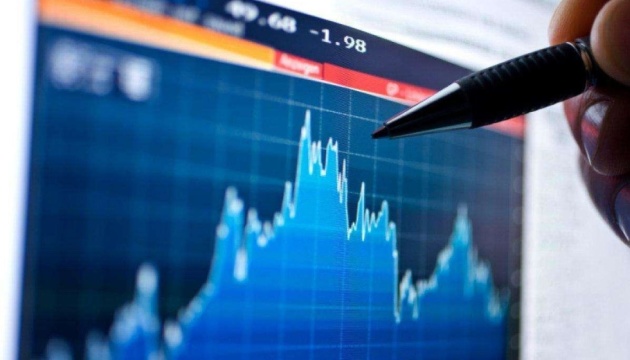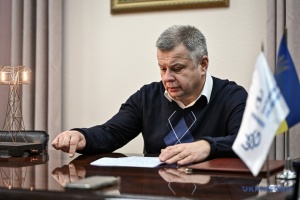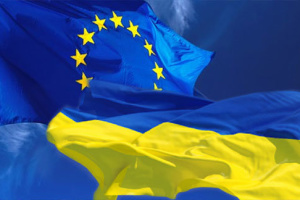
Ukraine’s gradual economic recovery underway in 2023 – IMF regional outlook
The relevant statement was made by the International Monetary Fund (IMF) in the Regional Economic Outlook, published on November 8, 2023, an Ukrinform correspondent reports.
“Following the Russian invasion, with growth declining by 29 percent in 2022, a gradual economic recovery is underway in 2023. Amid sustained attacks on Ukraine’s infrastructure, the economy began to recover in early 2023, growing by 2.4 percent quarter-over-quarter seasonally adjusted in the first quarter and continued to expand during the second quarter. IMF staff sees overall growth of 1–3 percent for 2023, with some upside risk,” the report states.
According to the IMF, the recovery is attributed to increased resilience among firms and households during the war, supported by a rebound in domestic demand and improved consumer and business sentiments.
The foreign exchange market has remained broadly stable, helped by sizable international financial support.
“Despite recent positive outturns, the duration and intensity of the war present a considerable risk to the economic outlook. Medium-term prospects depend on the outcome of the war, the scale of reconstruction spending, return of migrants, structural reforms and prospects of EU accession,” the document reads.
The IMF mentioned that, since July 2023, the National Bank of Ukraine (NBU) had cut the key policy rate by cumulative 500 basis points, to 20 percent, driven by both headline and core inflation falling at a faster rate than expected, and this trend provides the NBU with room to continue easing its monetary policy in the upcoming months. In August 2023, headline inflation declined to 8.6 percent year over year from 11.3 percent year over year in July and 26.6 percent at the end of 2022.
According to the IMF, the sharp disinflation reflects easing of supply bottlenecks (including food and fuel), favorable foreign exchange market conditions amid a stronger hryvnia cash exchange rate, and improving inflation expectations.
“International reserves outperformed thanks to a better-than-expected current account balance and declining foreign exchange drains. Gross international reserves exceeded $40 billion at the end of August. At the first review of the Extended Fund Facility, reserves represented 4.1 months of next year’s imports of goods and services. This partly reflects a better-than-expected current account balance. Capital controls have also helped contain financial account outflows. Foreign direct investment inflows totaling about $2 billion year to date and lower-than-expected foreign exchange outflows from the banking system also helped underpin the strong international reserves position,” the IMF noted.
At the same time, the fiscal deficit has deteriorated compared with last year, as higher expenditures more than offset higher revenues. The growth in expenditure was driven largely by defense-related spending, while tax revenues have benefited from the economic recovery. The fiscal deficit continues to be financed predominantly by external financial support.
Ukraine’s banking system remains operational and liquid, while balance sheets continue to adjust under martial law. Total banking system assets and deposits have increased by 32 percent and 48 percent in the NBU and the interbank market, respectively. Short-term liquidity ratios were three times higher than minimum requirements on average in May 2023, and banks’ core and total capital ratios have grown to 14.3 percent and 23.8 percent, respectively, the IMF added.
The IMF Executive Board approved the first review under the four-year Extended Fund Facility on June 29, 2023, enabling the disbursement of about $890 million (special drawing rights of $663.9 million).
“All quantitative performance criteria for the end of April and structural benchmarks through the end of June were met,” the IMF staff stated.
Meanwhile, the analysts emphasize that sustained reform momentum is needed, including in governance and anticorruption frameworks.
“With spending pressures growing, developing and executing a 2024 budget consistent with fiscal and debt sustainability will be critical. IMF staff will undertake the second review together with the Article IV consultation in the fall of 2023,” the IMF concluded.
A reminder that, on November 6, 2023, the IMF mission started discussions on the second review of the Extended Fund Facility (EFF) programme for Ukraine.




